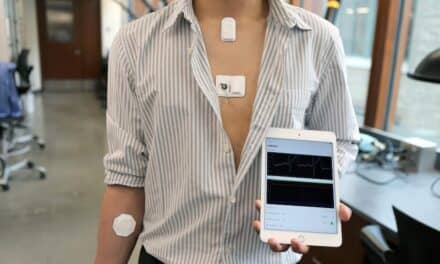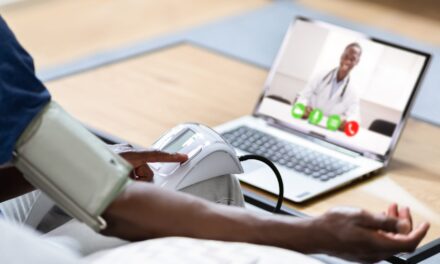Summary: Modivcare Inc. and the Michigan Center for Rural Health completed an 18-month Remote Patient Monitoring (RPM) pilot in three rural Michigan hospitals, resulting in improved patient outcomes and reduced clinical burdens. The program’s success has led to continued RPM services and the creation of a playbook to assist other healthcare organizations.
Key Takeaways:
- The RPM pilot improved access to care, achieving a 48.72% enrollment rate, with strong engagement from homebound and socially isolated patients.
- The program’s success has led to continued RPM services in two hospitals and the development of a Remote Patient Monitoring Playbook for future implementations.
Modivcare Inc., through its Higi service and in collaboration with the Michigan Center for Rural Health (MCRH), announced the successful completion of its 18-month Remote Patient Monitoring (RPM) pilot program designed to enhance healthcare delivery in three rural Michigan hospitals.
Enhancing Digital Health Capacity
The pilot, funded by the Michigan Health Endowment Fund’s 2022 Special Projects and Emerging Ideas Initiative, was implemented with the goal of increasing digital health capacity and access to care for the participating rural, independent critical access hospitals, while capturing lessons learned to be shared with rural health stakeholders throughout the state of Michigan.
According to the company, the initiative, conducted at Helen Newberry Joy Hospital in Newberry, McKenzie Health System in Sandusky, and Schoolcraft Memorial Hospital in Manistique, demonstrated remarkable success in improving patient outcomes, increasing care access in a rural setting, and reducing clinical burden for healthcare providers.
The program saw success in enrolling patients referred directly by their primary care providers (PCPs) or local care managers, with 117 eligible patients referred (all of whom had been diagnosed with hypertension, diabetes, and/or congestive heart failure) and a 48.72% enrollment rate. Patients introduced to RPM by their trusted care providers enrolled at rates more than eight times higher than those who received a referral via letter or cold call, according to Modivcare.
Long-Term Patient Engagement
Of the patients monitored during the pilot, a cohort of 46 patients had a continuous six months of uninterrupted engagement and blood pressure monitoring, allowing for rigorous analysis of health impact. Engagement was strongest amongst patients who were homebound or had limited social support, further validating the importance of RPM in addressing gaps in care for rural, isolated populations.
While connectivity issues presented a barrier, through the use of cellular-enabled devices, the program achieved a device failure rate of less than 10 percent.
Balancing Technology and Personal Care
“This pilot project has proven that striking the balance between relationship-driven care and technology-forward solutions can be transformative in rural healthcare,” said L. Heath Sampson, president and chief executive officer of Modivcare. “By leveraging RPM technology to foster personal care relationships to provide ongoing support to rural hospitals and their patients, we are improving outcomes and allowing healthcare teams to work more efficiently, ultimately improving the health and well-being of Michigan’s rural residents.”
As a result of this program, two of the three activations have continued providing RPM as a benefit, and a comprehensive Remote Patient Monitoring Playbook has been developed to support similar healthcare organizations in adopting and implementing RPM solutions, aimed at improving patient care in rural and underserved areas through real-world guidance and actionable implementation plans.





